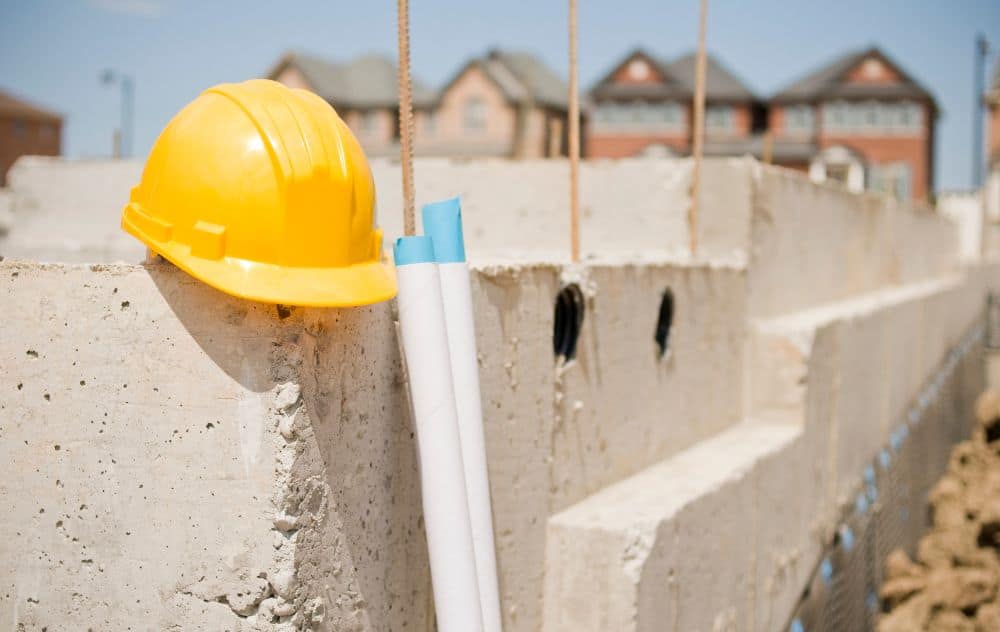A manufactured home is a home that is built in a factory and then transported to the site of its final destination. The home is typically mounted on a permanent foundation, although it is sometimes placed on a trailer for transport. A mobile home is designed to be moved from one location to another, while a manufactured home is designed to be stationary.
In this article, you will learn about the pros and cons of each type of foundation for your home.
Contents
Types of Mobile Home Foundation: Their Pros and Cons
When it comes to the foundations for mobile homes, there are three main types that are typically used: pier and beam, slab, and crawlspace.
Maybe you would be interested: How to Insulate Under a Mobile Home
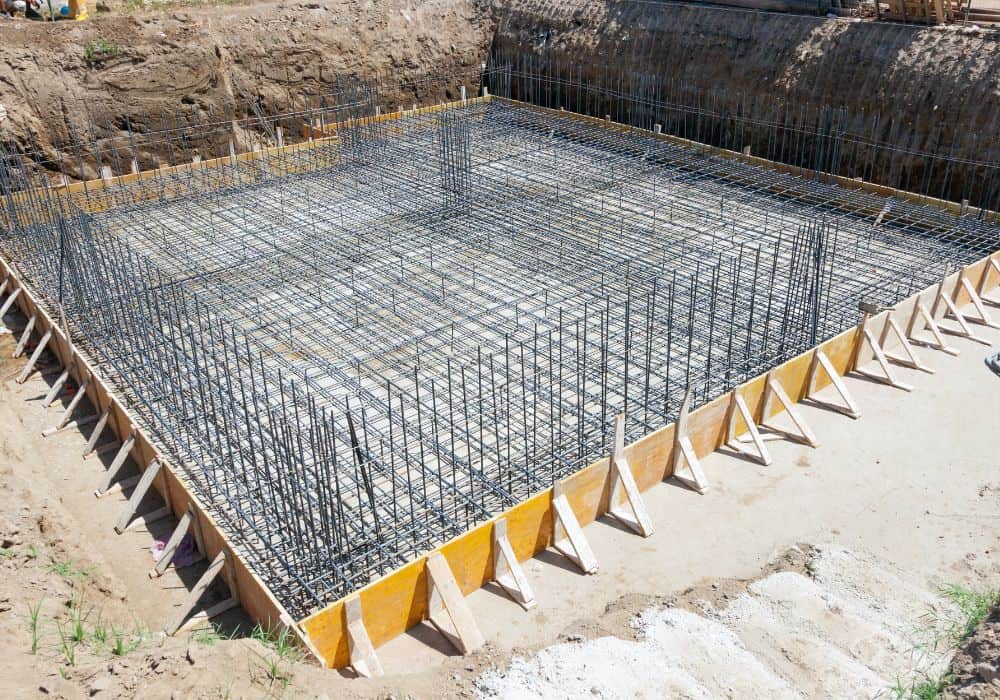
Pier Foundation
A pier foundation is a foundation that is composed of a number of piers, which are either poles or concrete blocks that are set in the ground. The piers are spaced evenly apart, and they extend from the ground to the bottom of the structure that is being supported. This type of foundation is often used for structures that are lightweight, such as manufactured homes.
There are a few benefits of using a pier foundation for a manufactured home. First, this type of foundation is often more affordable than a traditional slab foundation. Additionally, pier foundations are often easier and faster to install, which can be a plus when you are working on a tight timeline.
Another benefit of a pier foundation is that it can be a good solution for sloping or uneven ground. If your property has a lot of hills and valleys, a pier foundation can provide a more stable base for your home. Additionally, if the ground below your home is unstable, a pier foundation can help to stabilize it.
A pier foundation does have a few drawbacks. First, it can be more difficult to repair than a slab foundation. If a pier foundation is damaged, it can be difficult to access and fix. Additionally, pier foundations can be more susceptible to moisture damage than other types of foundations.
If you are considering a pier foundation for your manufactured home, it is important to consult with a professional to determine if this is the right option for your property.
- Strong and sturdy foundation;
- Provides good protection from floods.
- Requires more preparation time.
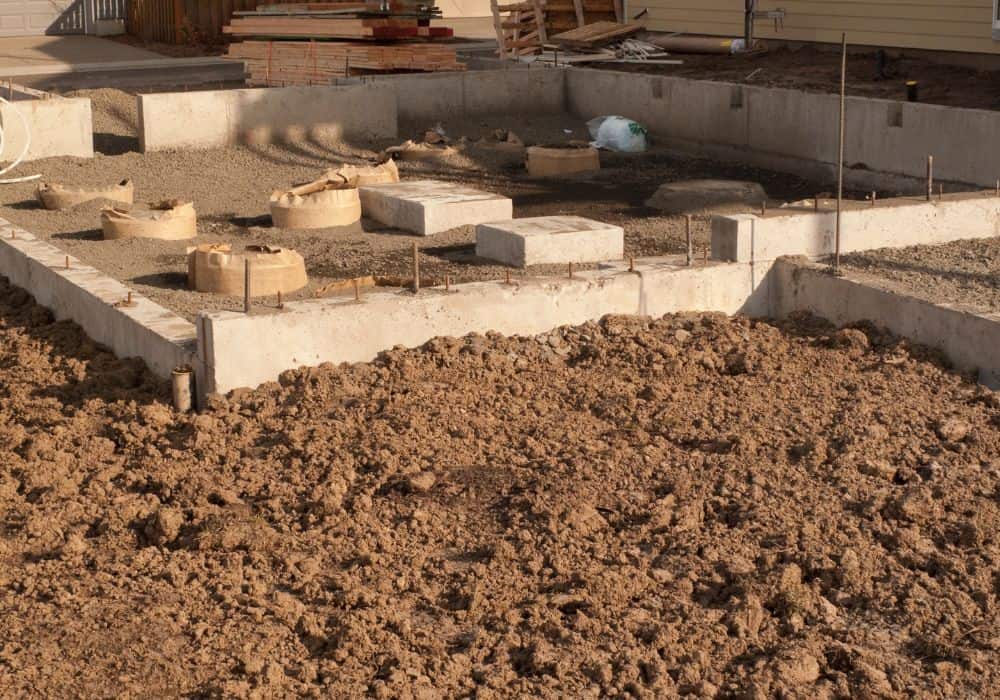
Slab Foundation
A slab foundation is a type of foundation that is most often used in areas that have warm climates. Slab foundations are made by pouring concrete onto a level surface.
This type of manufactured homes foundation is often used, because it is less expensive than other types of foundations and is easier to install. There are a few disadvantages to using a slab foundation, however.
One disadvantage is that slab foundations are not as strong as other types of foundations, so they are more likely to crack during an earthquake or other disaster.
Another disadvantage is that because slab foundations are not as deep as other types of foundations, they are more likely to be damaged by flooding.
- Cheap;
- Easy to build;
- Can be used in climates that commonly experience frost.
- The foundation may not be level.
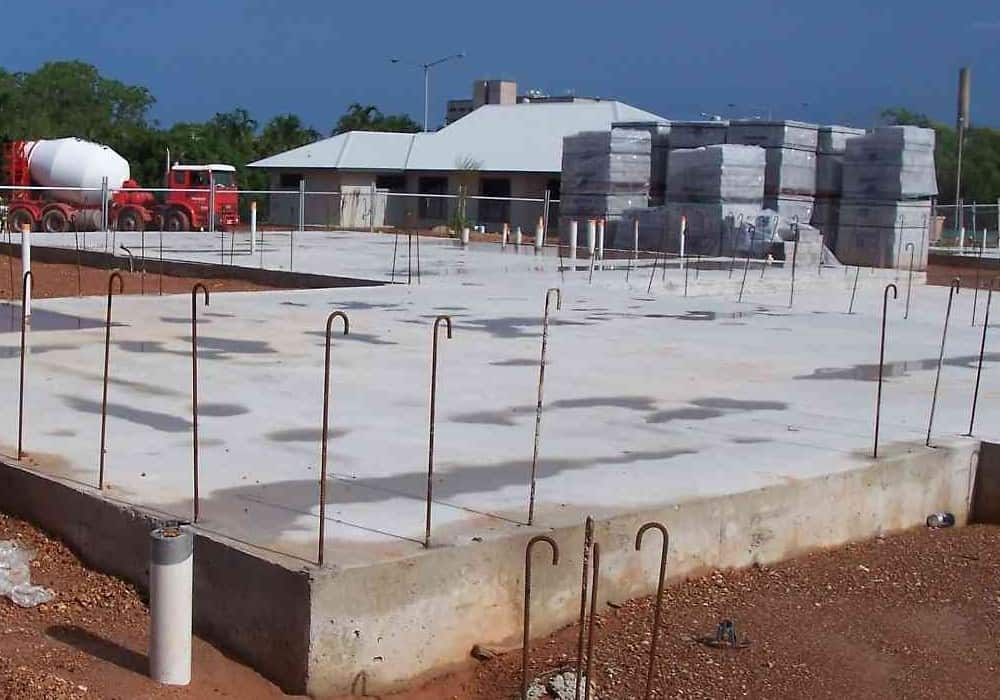
Slab foundation and concrete block skirting
A slab foundation is a type of foundation that is composed of a concrete slab. A concrete block curb is a type of curb that is made out of concrete blocks. Both of these elements are commonly used in the construction of homes and other buildings.
Slab foundations are typically used in areas where the soil is not stable enough to support a traditional foundation. The concrete slab helps to distribute the weight of the structure evenly, preventing the foundation from sinking or shifting. Concrete block curbs are often used in conjunction with slab foundations to provide additional support and stability.
While slab foundations and concrete block curbs are both durable and stable, they do have some drawbacks. One of the biggest drawbacks is that they can be susceptible to cracking in areas of high stress. Cracks can allow water and moisture to enter the foundation, which can lead to serious structural problems.
If you are considering using a slab foundation or concrete block curb for your next building project, it is important to consult with a qualified engineer or contractor to determine if these materials are right for your specific needs.
- A slab foundation is easier to build;
- It can be built with a variety of materials.
- Can crack under stress.
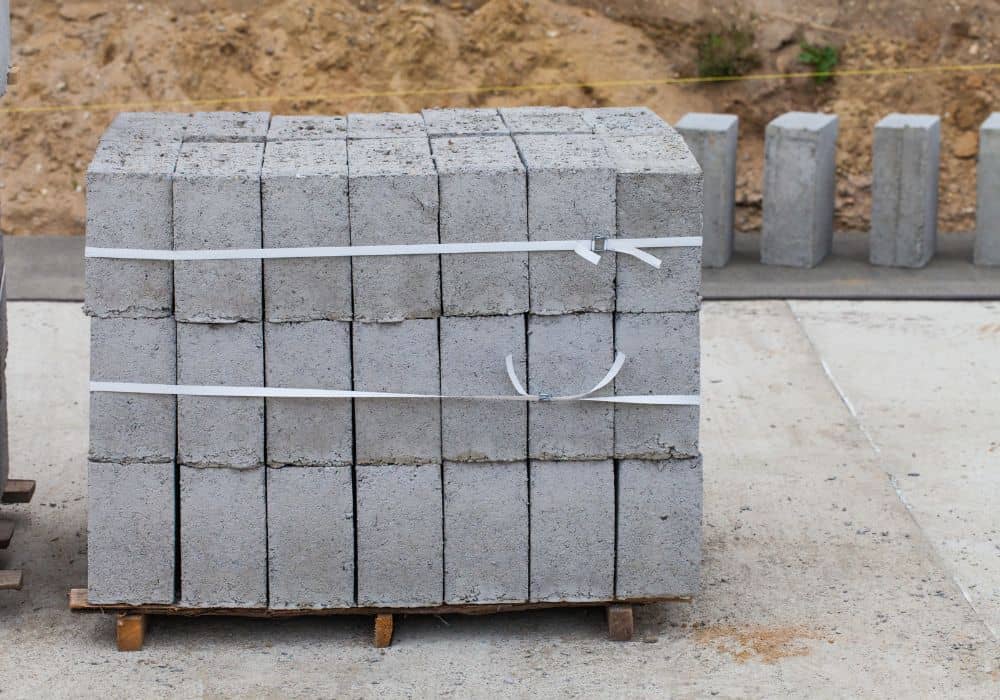
Crawl space foundation
Most homes are built on a crawl space foundation. This type of foundation is less expensive to build than a full basement foundation, and it provides easier access to plumbing and electrical systems for repairs. The crawl space is also a good location for a home’s mechanical systems, such as the furnace and water heater.
The main disadvantage of a crawl space foundation is that it is more vulnerable to flooding than a basement foundation. Crawl space foundations are also more likely to settle unevenly, which can cause cracks in the foundation and damage to the home’s structure.
- Expansive enough for a crawl space;
- Crawl spaces are not as vulnerable to flooding as basements.
- Expensive.
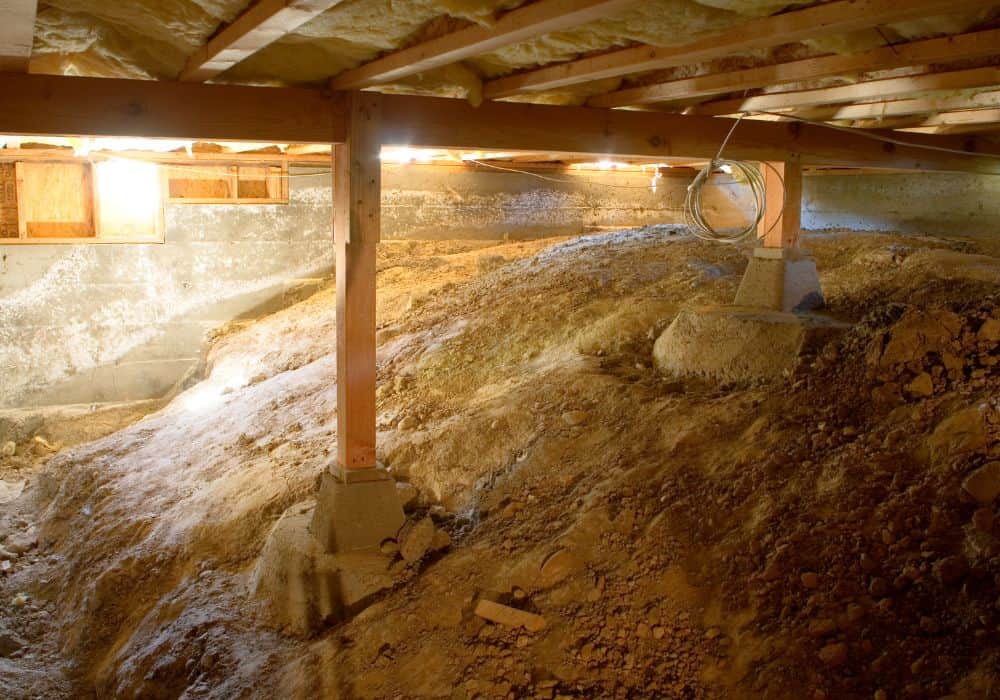
Basement Foundation
Basement foundations are a popular choice for manufactured homes. This type of foundation is typically used in colder climates where the ground is not always able to support the weight of the home. A basement foundation is a great way to provide extra insulation and protect your home from the elements.
There are a few things to consider when choosing a basement foundation for your manufactured home. First, you will need to make sure that your home is able to be moved onto a basement foundation. Not all homes are able to be moved this way. You will also need to make sure that you have enough space to build the foundation.
The cost of a basement foundation varies depending on the size of your home and the materials you choose. Basement foundations can be made from concrete, block, or brick. The most important factor in deciding which type of foundation to choose is the climate where you live.
If you live in a colder climate, a concrete foundation is the best option. Concrete is a very sturdy material and can withstand the cold weather. If you live in a warmer climate, a brick or block foundation may be a better option. These materials are not as sturdy as concrete, but they are less likely to crack in warm weather.
No matter which type of basement foundation you choose, it is important to make sure that the foundation is properly insulated. This will help to keep your home warm in the winter and cool in the summer.
- It’s very easy to create a basement level flooring;
- It’s cheaper to build a basement level for the house.
- Basement foundations don’t have a lot of insulation.
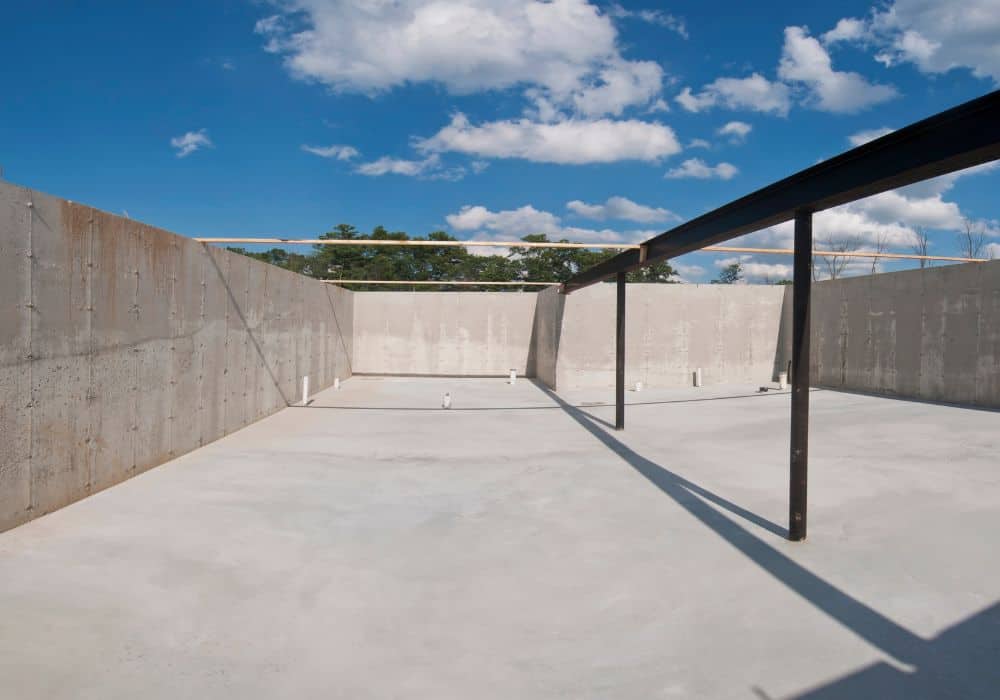
Manufactured Homes Foundation Requirements
When it comes to the foundation requirements for manufactured homes, there are a few key things that you need to keep in mind.
First and foremost, the foundation for your manufactured home should be level. This is essential for ensuring that your home remains stable and secure.
In addition, the foundation should be able to support the weight of your home.
If you are unsure about the foundation requirements for your manufactured home, it is best to consult with a professional.
The Cost of Permanent Foundation for a Manufactured Home
When considering the cost of a permanent foundation for a manufactured home, there are many factors to take into account. The most important factor is the climate where the home is located. If the home is in a climate where the ground freezes in the winter, the foundation must be able to withstand the weight of the ice. This means that the foundation must be made of a material that is strong enough to support the weight of the ice, such as concrete.
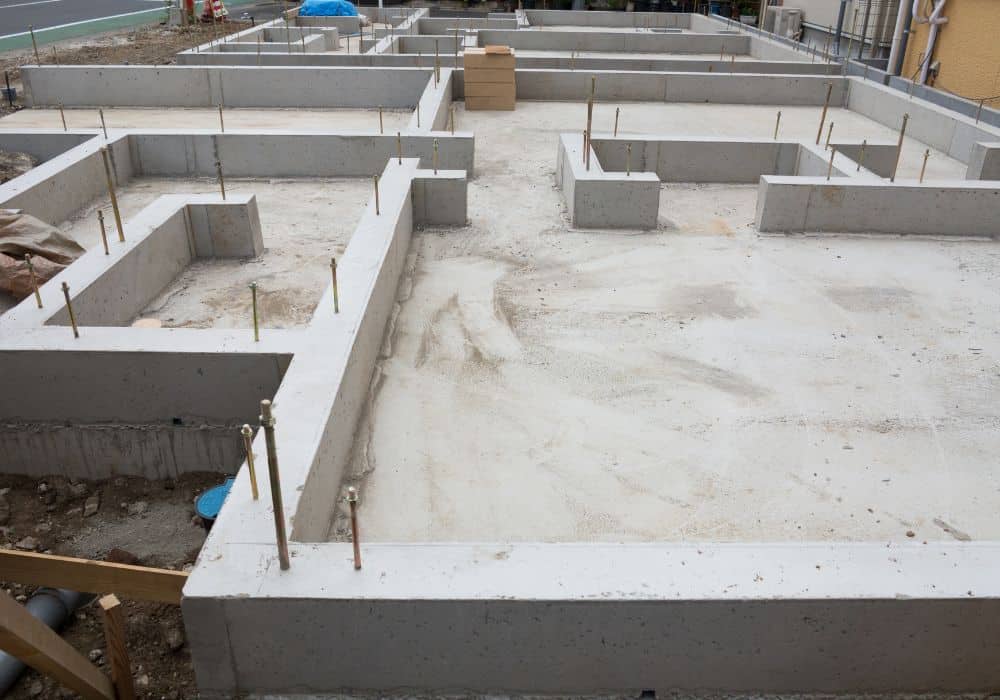
The cost of a permanent foundation for a manufactured home can vary depending on the material used. A concrete foundation can cost anywhere from $3,000 to $10,000, not including the cost of labor. If the home is located in a climate where the ground does not freeze, a foundation made of a less expensive material, such as wood, may be sufficient. The cost of a wood foundation can range from $500 to $1,500, depending on the size of the home.
What Is the Best Foundation for Manufactured or Modular Homes?
There is no one-size-fits-all answer to the question of what is the best modular home foundations. However, there are a few things to consider when making this decision.
The first factor to consider is the weight of the home. Manufactured and modular homes are typically much lighter than traditional homes, so a foundation that is designed to support a traditional home may not be adequate for a manufactured or modular home.
Another factor to consider is the climate. If you live in an area that experiences a lot of earthquakes, you will need to choose a foundation that is earthquake-resistant.
The type of soil in your area can also be a factor in choosing a foundation. If the soil is soft or unstable, you will need to choose a foundation that is designed to work with those conditions.
Finally, the cost of the foundation should also be taken into consideration. There are a variety of foundation options available, and the cost can vary significantly.
With all of these factors in mind, some of the best foundation options for manufactured or modular homes include slab foundations, pier and beam foundations, and crawlspace foundations.
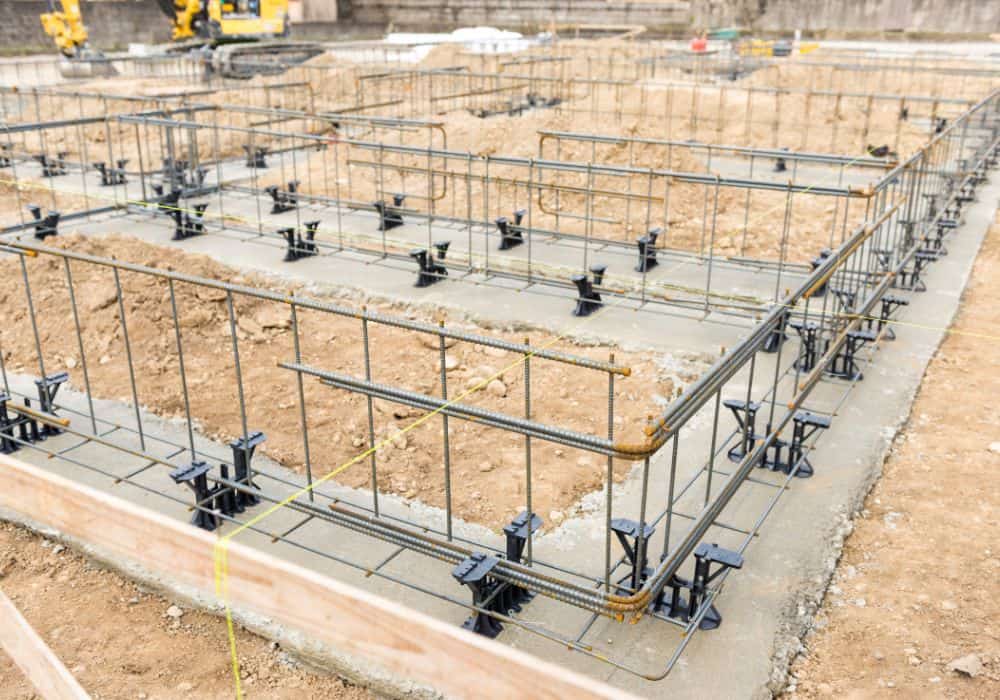
FAQ
What is the cheapest foundation for a mobile home?
Usually, with a mobile home foundation, the cheapest is a concrete slab or simple block piers. A concrete slab is made by pouring a slab of concrete and then leveling it out. Using this method, you will have a solid foundation that is also a permanent fixture to the home and cannot be moved. This is the best way to go, especially if you own the home.
What is the strongest home foundation?
The strongest home foundation is a basement foundation, meaning that the house is built on top of a concrete slab or block. The basement foundation also provides the house with a good amount of storage space.
What kind of foundation does a mobile home need?
The minimum foundation requirements are at least 8″ of compacted earth or gravel, or 4″ of concrete, a footing, or cement blocks under the corners of the home.
What type of foundation is required for a modular home?
The primary foundation system that most modular homes are built on is concrete piers. These are just like the concrete piers you see for a stick built house. The metal portions are already included in the kit. They are ready to be placed at the site, and then the wood portion of the foundation is added.
Conclusion
In this article, you learned about the mobile home foundation types. A manufactured home is a home that is built in a factory and then transported to the site where it will be used. The foundation of a manufactured home is important because it is what the home will be built on. There are a few different types of foundations that can be used for a manufactured home.
